The titration sensors from METTLER TOLEDO are perfectly engineered instruments with certified quality. Several varieties of titration sensors are available.
pH Glass Sensors
METTLER TOLEDO offers a wide variety of combined glass pH electrodes for non-aqueous, aqueous, or low ionic strength media and for challenging or small samples. The Plug & Play sensors are fitted with an in-built sensor chip for safe handling and automatic recognition.
All METTLER TOLEDO sensors are manufactured to meet high-quality standards, which are recognized by the quality certificate dispatched with each electrode. Also, all electrodes come with an exclusive serial number for traceability.
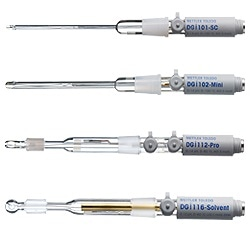
Image Credit: METTLER TOLEDO
Metal Sensors
The variety of metal sensors includes a platinum ring sensor for all redox titrations, silver ring sensors for precipitation titrations, and a double-platinum pin electrode for amperometric or voltammetric titrations. The Plug and Play sensors are fitted with an in-built sensor chip for safe handling and automatic recognition.
All METTLER TOLEDO sensors are manufactured to meet high-quality standards, which are recognized by the quality certificate dispatched with each electrode. Also, all electrodes come with an exclusive serial number for traceability
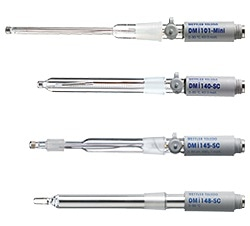
Image Credit: METTLER TOLEDO
Photometric Sensor
A number of titration tasks, such as the automated determination of metal ions with EDTA and photometric indication using a color indicator, are the ultimate solutions. Furthermore, the detection of turbidity variations is often used for titrations, for example, automatic surfactant content determination. METTLER TOLEDO offers several methods for a range of applications using the DP5 Phototrode™.
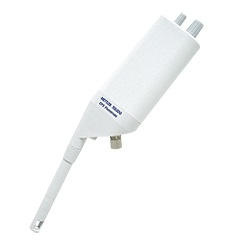
Image Credit: METTLER TOLEDO
Surfactant Sensors
METTLER TOLEDO provides several approaches for surfactant titration, thus enabling the suitable choice to be made for a specific sample.
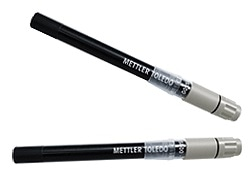
Image Credit: METTLER TOLEDO
Temperature Probe and Reference Sensors
Temperature probe, plastic reference electrode, and glass reference electrode for hydrofluoric acid-containing samples are available.
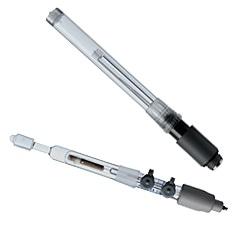
Image Credit: METTLER TOLEDO
Ion Selective Sensors (ISE)
With the extended capability of contemporary titrators, it is possible to measure the ion content automatically, as well as complete the process within minutes using an ISE. This can be realized either by direct measurement or by incremental methods such as standard subtraction or addition.
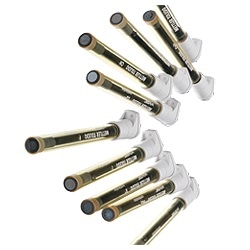
Image Credit: METTLER TOLEDO
Thermometric Sensor
The METTLER TOLEDO thermometric sensor is the smartest way to accurately determine the acid number values. It enables titration of crude oil and petroleum products, including heavy marine fuels and waxes, according to ASTM D8045, in a quick and simple way. Users can connect the thermometric sensor to their Excellence titrator and just press a button to begin the task. Within 2 minutes, precise and reliable acid number values can be obtained.
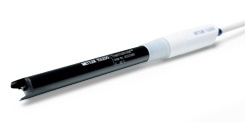
Image Credit: METTLER TOLEDO
EasyPlus™ Sensors
The titration glass sensors for standard acid/base application in aqueous media or non-aqueous solutions are specifically designed for use with the EasyPlus™ Titrators. Furthermore, a platinum plate sensor for all redox titrations, a silver ring sensor for chloride precipitation, and a double-platinum pin sensor for amperometric or voltammetric titrations like Karl Fischer Titration are provided by METTLER TOLEDO.
All METTLER TOLEDO sensors are manufactured to meet high-quality standards and are very reliable, which are recognized by the quality certificate dispatched with each sensor. Also, all sensors come with an exclusive serial number for traceability and compliance.
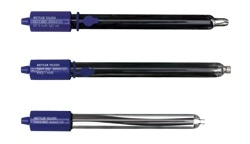
Image Credit: METTLER TOLEDO